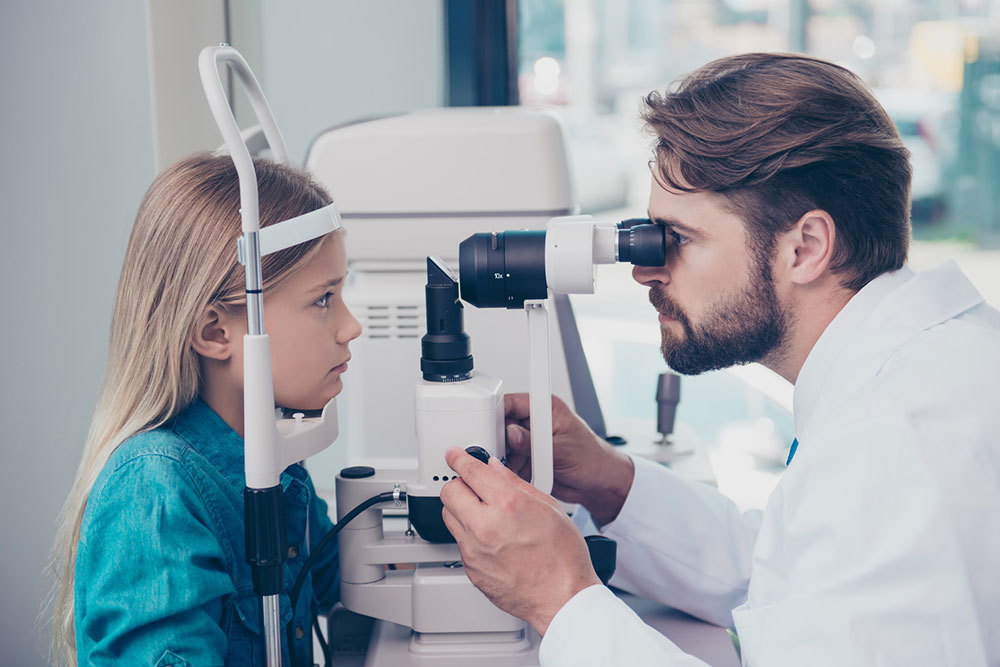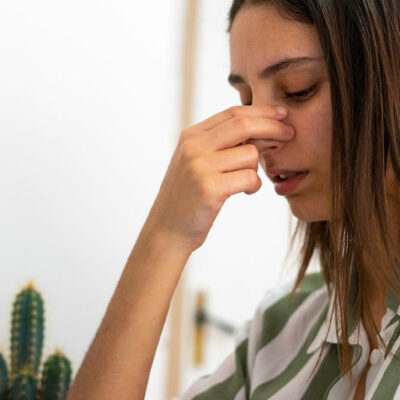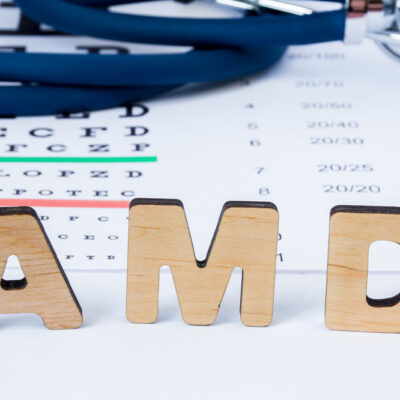10 Tips for Maintaining Optimal Eye Health

Maintaining eye health is often overlooked despite our vision playing a crucial role in our daily lives. We must take proactive steps to ensure that our eyes stay healthy. Even if one has no vision problems, adopting a few healthy habits can go a long way in preserving vision and reducing the likelihood of developing eye issues. This article will provide ten tips to help one maintain healthy eyes.
1. Do not rub the eyes
Our hands are exposed to bacteria, dust, and dirt. These can transfer to the eyes whenever one rubs or touches them. So, one must avoid touching their eyes without washing their hands.
2. Go for a regular eye examination
Getting assistance from an eye specialist is imperative to maintain healthy vision. Depending upon any ongoing health condition or one’s current eye health, an optometrist may advise how often one must get a vision examination and recommend some measures to shield one’s eyes.
3. Eat healthy, balanced foods
Maintaining sound eye health requires paying attention to what one eats. A diet that includes a variety of vegetables and fruits, mainly green, leafy, or deep yellow, can provide the essential vitamins needed for healthy eyes. Additionally, incorporating Omega-3 fatty acids from flax and chia seeds can supply the vital nutrients and vitamins necessary for good eye health.
4. Wear fitted eye lenses
Contact lenses can be a great alternative to regular glasses, especially for those who prefer power or colored lenses. However, it is crucial to choose lenses that fit well and avoid the one-size-fits-all approach. Wearing ill-fitting lenses can lead to long-term damage to the eyes. Since every individual’s eyes are unique, one must visit an optometrist who can accurately determine one’s vision requirements. During the examination, the optometrist will assess the eyes thoroughly to decide if contact lenses can effectively help with one’s vision problems. If contact lenses are the right choice, the optometrist will determine the correct contact lens prescription, which may differ from a standard eyeglass prescription.
5. Never sleep wearing contact lenses
Never sleep in any contact lenses, be it colored lenses or colorless eye lenses. Sleeping in colored or colorless eye lenses aggravates the risk of corneal ulcers, which may result in rapid blindness. Hence, one must always make it a habit to remove lenses before calling it a night.
6. Wear the right sunglasses
The right sunglasses can help guard the eyes against harmful UV rays. Excessive UV exposure aggravates the chances of macular degeneration and cataracts. So, one must invest in a pair that blocks 99-100 percent of UV rays. Some contact lenses also offer UV protection. Hence, one should conduct enough research and pick the one that suits them.
7. Take screen breaks
Long periods spent looking at screens can lead to a range of physical discomforts and eye problems, such as dry eyes, blurred vision, digital eye strain, computer vision syndrome, and pain in the neck and shoulders. To avoid such issues, it is recommended to follow the 20-20-20 rule, as suggested by the American Optometric Association. This rule states that every 20 minutes, one should take a break and look at something 20 feet away for 20 seconds. This guideline can help protect the eyes and prevent computer vision syndrome.
8. Blink frequently
Maintaining eye health and optimal vision requires gentle and frequent blinking, which allows the eyelids to coat one’s eye surface with healthy tear layers. Ideally, one should blink every two to four seconds. Alternatively, try blinking approximately 15-30 times every 60 seconds. This is especially important when working on a computer, as studies suggest that blink rates decrease by 50% when concentrating (such as while working on a digital screen or reading a book). Failure to blink enough can cause blurry and dry eyes or computer vision syndrome.
9. Be aware of the family history
It is important to be aware of any genetic conditions or diseases in the family, such as glaucoma or macular degeneration. This knowledge can help one’s eye doctor plan and propose appropriate preventive measures, which can help maintain good eye health. So, informing the eye doctor about one’s family’s medical history is necessary to ensure that one receives the best possible eye care.
10. Get adequate sleep
When one sleeps, the eyes get a chance to relax, and the eye muscles are at rest. Sadly, seniors who do not get adequate sleep find a decline in their vision quality. Moreover, when we sleep, our eyes are lubricated and can clear the irritants that accumulate around the day. It is vital to avoid the risk of irritation or eye infection.








